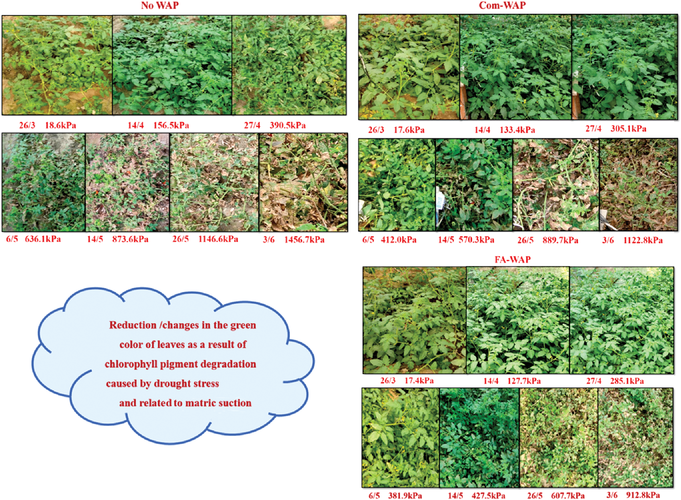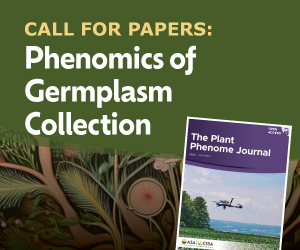Special Water-Absorbing Polymer Protects Against Drought

Climate change has led to more frequent and longer droughts, which in turn, lead to crop mortality and higher irrigation costs. Increasing soil water retention capacity with a cheap, yet effective, additive can help crops and improve food security, particularly for water-sensitive legumes.
Current biopolymers that can reduce abiotic water stress on legumes are relatively expensive and have other alternative uses. Developing a water-absorbing polymer (WAP) from a waste carbon residue such as fly ash, a byproduct of coal-fired power plants, could alleviate drought’s effects on crops while creating a use for fly ash waste.
In an article recently published in the Soil Science Society of America Journal, researchers reported on their efforts to develop a first generation of WAP developed from fly ash and to investigate its ability to resist drought stress and increase yield in tomatoes, a major legume crop. Yield and total weight increased by 82 and 106%, respectively, compared with crops grown in control soil. The developed WAP provided a 20% higher yield than commercial WAP.
The developed WAP can be an effective strategy to use legacy fly ash impoundments and promote crop security, contributing to United Nations Sustainable Development Goals.
Adapted from Rattan, B., Saha, A., Bordoloi, S., Garg, A., Sahoo, L., & Sekharran, S. (2022). Efficacy of novel water-absorbing polymer amended soil for improving drought resilience of Solanum lycopersicum. Soil Science Society of America Journal. https://doi.org/10.1002/saj2.20480
Text © . The authors. CC BY-NC-ND 4.0. Except where otherwise noted, images are subject to copyright. Any reuse without express permission from the copyright owner is prohibited.










